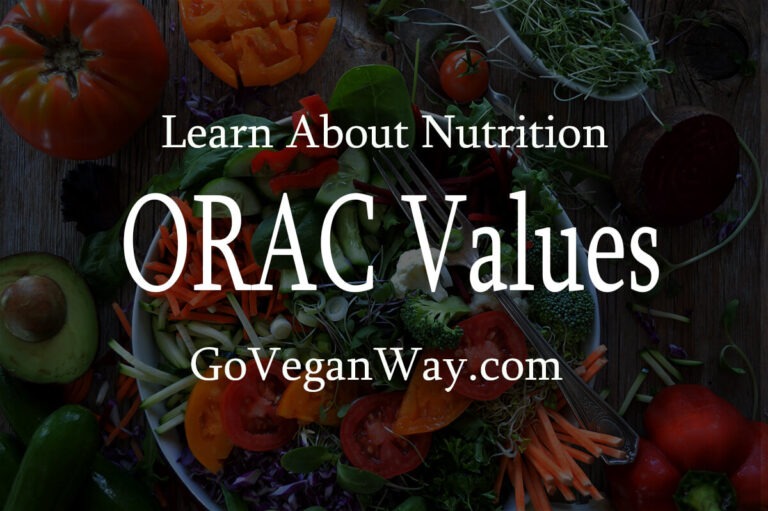Essential Oils as Antioxidant Supplements: Rules and Strategies
Food-grade essential oils can be a convenient and consumer-friendly strategy for optimizing the antioxidant value and ORAC scores of our diet.
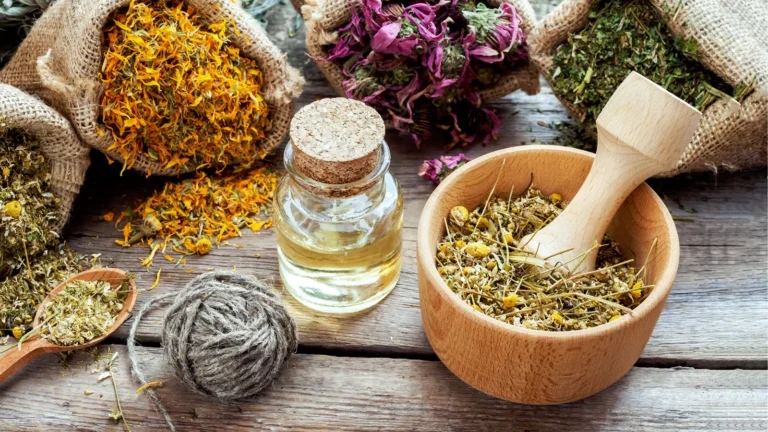
Food-grade essential oils can be a convenient and consumer-friendly strategy for optimizing the antioxidant value and ORAC scores of our diet.
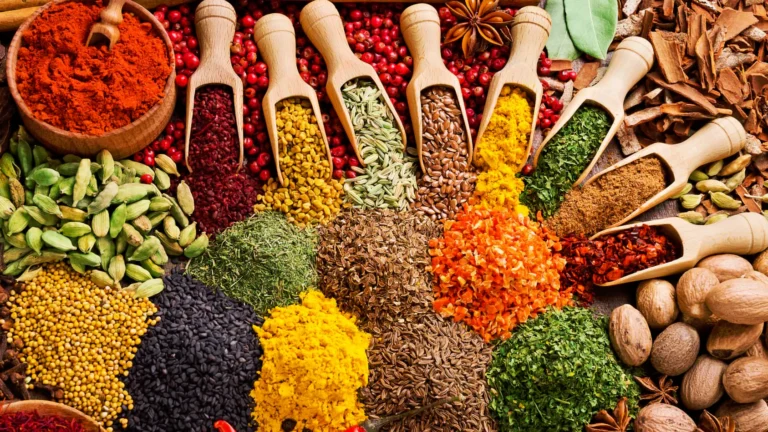
Cloves, ginger, rosemary, and turmeric significantly stifle inflammation while black pepper, cayenne, cinnamon, cumin, oregano, paprika, sage, and heated turmeric do nothing.
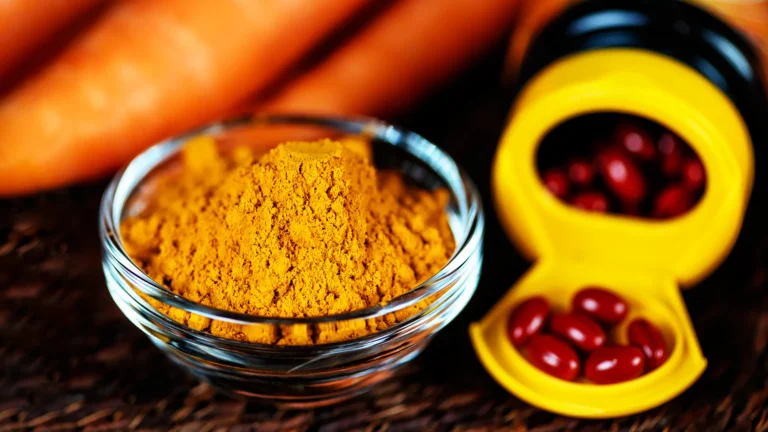
There are easy and cost-effective strategies for optimizing the antioxidant value of our diet.
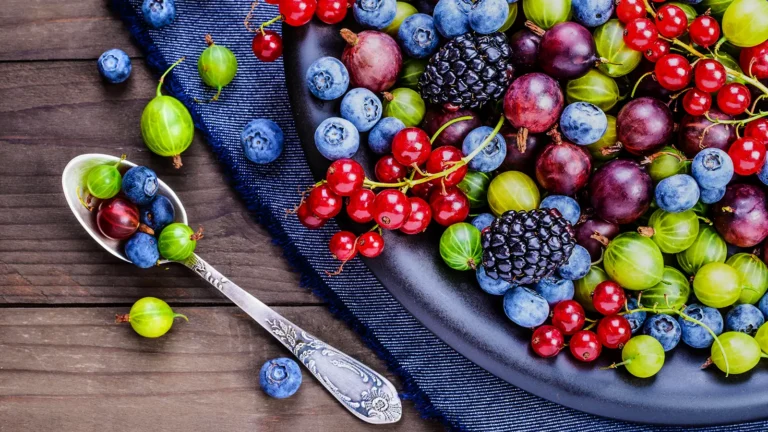
Optimal antioxidant consumption is dependent on toxicity exposure. The minimum ORAC unit score is 8000 to 10000 daily just to counteract metabolism.
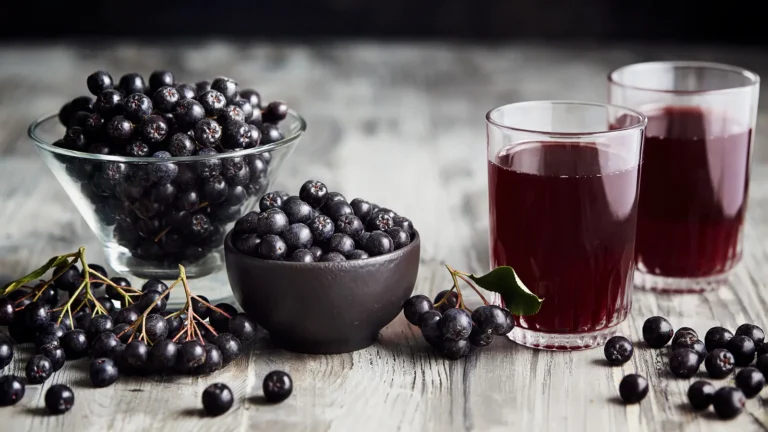
When your main source of antioxidants is coffee, you know that you have a serious problem.

Astaxanthin is the most powerful natural and universal antioxidant (both oil and water-soluble) known to science. It accumulates in tissues and It can never turn itself into a pro-oxidant.

Antioxidant supplements do not show the observed health benefits of diets rich in fruits and vegetables while vitamin E, selenium, beta carotene, lycopene show an increased risk of cancer.
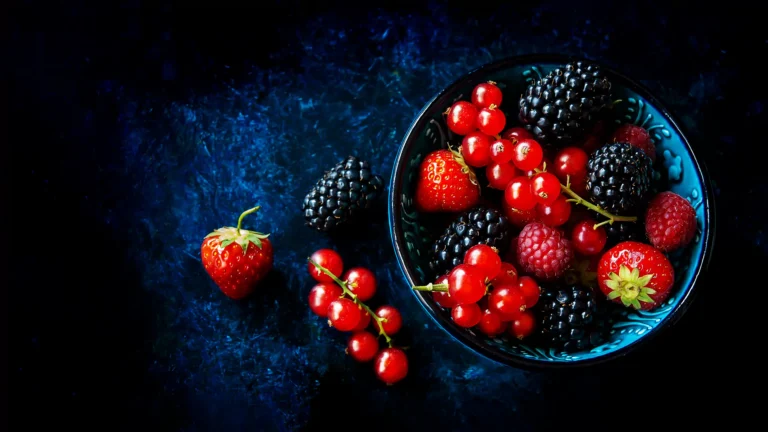
There are no phytochemicals or antioxidants in animal products. On average, plant foods contain more than 60 times as many antioxidants as animal-based foods.

Processing of food (home oil extraction) can also be used in reverse for increasing the nutritional density and profile of the food.
